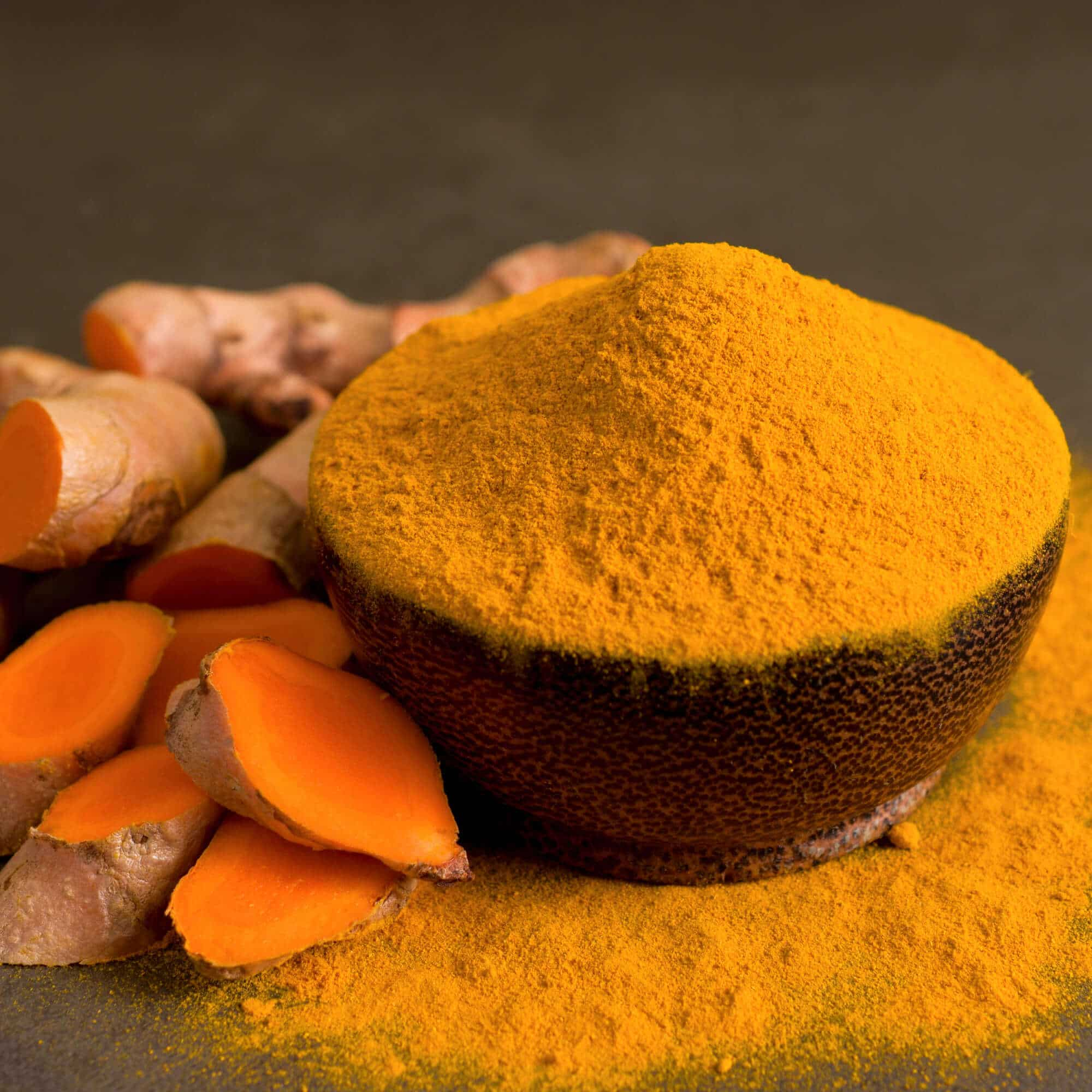The Centre had forced the steel industry and cement companies last week to hold their price line as part of its official strategy to tame inflation.
Is not sauce for the goose same for the gander?
No.
Only last week, the Centre had forced the steel industry and cement companies to hold their price line as part of its official strategy to tame inflation.
The same government on Friday announced that the procurement price for wheat for the ensuing marketing year of the crop will be 13% or Rs 100 more at Rs 850 per quintal, compared with what was paid to the farmers last season.
Is not this decision likely to provide a grist to the inflationary mill?
The government in its wisdom has concluded that the spurt in the prices of manufactures is not warranted and singled out cement and steel for a “dressing-down”.
Why, why?
If industry is asked to absorb the price increases till inflation abates, cannot the farm lobby be asked to do likewise?
After all, the major beneficiaries of higher support prices are the rich farmers (and politicians); they can be asked to cooperate
Also, hike won’t mean more procurement because crop outlook isn’t great.
Precisely why FCI & STCI have been asked directed to import 5 million tonnes at nil duty by April end.
What’s needed is more productivity, what we get is a bloated subsidy bill
When it came to wheat, it has employed a different yardstick. And with less justification.
Wheat procurement prices are determined by an expert body - Commission on Agriclutural Costs and Prices - as part of the exercise that covers a large number of crops. And, this committee takes into all the factors in reaching its conclusions. Hence, it deserves to be taken seriously.
The reality is otherwise. This is an area where politics intrudes and often influences the decision-making.
The latest move conforms to the past practice. However, many questions crop up.
Why the delay in the first place?
Normally, support prices are announced ahead of the sowing season so that farmers are on surer ground when it comes to key planting decisions.
This salutary principle is not adhered to.
Second, will the hike mean greater success on the procurement front? Very unlikely for the simple reason that the outlook for the crop is none-too-good.
The best estimate is that, the production may be in the vicinity of 70 million tonnes and, in this scenario, coming on top of a virtual stagnation in the recent past, may keep the wheat prices on the boil.
With high open market prices, the negative impact on procurement may be very pronounced.
This explains why the government has already directed the Food Corporation of India and the State Trading Corporation of India to import five million tonnes at nil duty by the end of April.
Third, incentive prices will yield good results when there is also a production breakthough as the resultant bumper crop will tend to depress prices of the produce.
The support prices will ensure that the incomes of the farmers will not nosedive and they will be enthused to cultivate the commodity.
In the case of wheat - as, indeed for many other crops as well - output seems to have reached a plateau.
What is needed is a crash programme to raise productivity via quality seeds that are also resistant to weather vagaries and pest attacks.
Fourth, the latest hike will bloat the food subsidy bill. The Budget had projected the food subsidy at Rs 25,696 crore in 2006-07, as against Rs 24,704 crore in the current fiscal.
If the past is any guide, it is unlikely that there will be any simultaneous and proportionate increase in the issue prices of wheat.
The government is also committed to an open-ended procurement. Food subsidy is slated to burgeon even more that what is now anticipated in the light of developments in the wheat economy if the Centre persists in the same course for the next kharif season.
But, the last question is the one that was raised at the outset - why, in the context of serious food price inflation, the government has come out with this massive increase in wheat procurement price?
If industry is asked to absorb the price increases till inflation abates, cannot the farm lobby be asked to do likewise. After all, the major beneficiaries of the surging support prices of wheat and other crops are the rich farmers; they can be asked to cooperate.
The government would have ensured this by adhering to the pricing formula mooted by the Commission on Agricultural Costs and Prices. Neither the volume of procurement will go up nor will the price situation witness any improvement unless the basic issues are addressed urgently.
Pandering to populism may pay dividends politically but it is an invitation to economic ruin.
![submenu-img]() Mukesh Ambani’s daughter Isha Ambani’s firm launches new brand, Reliance’s Rs 8200000000000 company to…
Mukesh Ambani’s daughter Isha Ambani’s firm launches new brand, Reliance’s Rs 8200000000000 company to…![submenu-img]() Sonali Bendre says producers called her 'too thin', tried to ‘fatten her up' during the 90s: ‘They'd just tell me...'
Sonali Bendre says producers called her 'too thin', tried to ‘fatten her up' during the 90s: ‘They'd just tell me...'![submenu-img]() Heavy rains in UAE again: Dubai flights cancelled, schools and offices shut
Heavy rains in UAE again: Dubai flights cancelled, schools and offices shut![submenu-img]() When 3 Bollywood films with same story released together, two even had same hero, all were hits, one launched star kid
When 3 Bollywood films with same story released together, two even had same hero, all were hits, one launched star kid![submenu-img]() Gautam Adani’s firm gets Rs 33350000000 from five banks, to use money for…
Gautam Adani’s firm gets Rs 33350000000 from five banks, to use money for…![submenu-img]() DNA Verified: Is CAA an anti-Muslim law? Centre terms news report as 'misleading'
DNA Verified: Is CAA an anti-Muslim law? Centre terms news report as 'misleading'![submenu-img]() DNA Verified: Lok Sabha Elections 2024 to be held on April 19? Know truth behind viral message
DNA Verified: Lok Sabha Elections 2024 to be held on April 19? Know truth behind viral message![submenu-img]() DNA Verified: Modi govt giving students free laptops under 'One Student One Laptop' scheme? Know truth here
DNA Verified: Modi govt giving students free laptops under 'One Student One Laptop' scheme? Know truth here![submenu-img]() DNA Verified: Shah Rukh Khan denies reports of his role in release of India's naval officers from Qatar
DNA Verified: Shah Rukh Khan denies reports of his role in release of India's naval officers from Qatar![submenu-img]() DNA Verified: Is govt providing Rs 1.6 lakh benefit to girls under PM Ladli Laxmi Yojana? Know truth
DNA Verified: Is govt providing Rs 1.6 lakh benefit to girls under PM Ladli Laxmi Yojana? Know truth![submenu-img]() Remember Ayesha Kapur? Michelle from Black, here's how actress, nutrition coach, entrepreneur looks after 19 years
Remember Ayesha Kapur? Michelle from Black, here's how actress, nutrition coach, entrepreneur looks after 19 years![submenu-img]() Remember Heyy Babyy's cute 'Angel' Juanna Sanghvi? 20 year-old looks unrecognisable now, fans say 'her comeback will...'
Remember Heyy Babyy's cute 'Angel' Juanna Sanghvi? 20 year-old looks unrecognisable now, fans say 'her comeback will...'![submenu-img]() In pics: Arti Singh stuns in red lehenga as she ties the knot with beau Dipak Chauhan in dreamy wedding
In pics: Arti Singh stuns in red lehenga as she ties the knot with beau Dipak Chauhan in dreamy wedding![submenu-img]() Actors who died due to cosmetic surgeries
Actors who died due to cosmetic surgeries![submenu-img]() See inside pics: Malayalam star Aparna Das' dreamy wedding with Manjummel Boys actor Deepak Parambol
See inside pics: Malayalam star Aparna Das' dreamy wedding with Manjummel Boys actor Deepak Parambol ![submenu-img]() DNA Explainer: Why Harvey Weinstein's rape conviction was overturned, will beleaguered Hollywood mogul get out of jail?
DNA Explainer: Why Harvey Weinstein's rape conviction was overturned, will beleaguered Hollywood mogul get out of jail?![submenu-img]() What is inheritance tax?
What is inheritance tax?![submenu-img]() DNA Explainer: What is cloud seeding which is blamed for wreaking havoc in Dubai?
DNA Explainer: What is cloud seeding which is blamed for wreaking havoc in Dubai?![submenu-img]() DNA Explainer: What is Israel's Arrow-3 defence system used to intercept Iran's missile attack?
DNA Explainer: What is Israel's Arrow-3 defence system used to intercept Iran's missile attack?![submenu-img]() DNA Explainer: How Iranian projectiles failed to breach iron-clad Israeli air defence
DNA Explainer: How Iranian projectiles failed to breach iron-clad Israeli air defence![submenu-img]() Sonali Bendre says producers called her 'too thin', tried to ‘fatten her up' during the 90s: ‘They'd just tell me...'
Sonali Bendre says producers called her 'too thin', tried to ‘fatten her up' during the 90s: ‘They'd just tell me...'![submenu-img]() When 3 Bollywood films with same story released together, two even had same hero, all were hits, one launched star kid
When 3 Bollywood films with same story released together, two even had same hero, all were hits, one launched star kid![submenu-img]() Salman Khan house firing case: Family of deceased accused claims police 'murdered' him, says ‘He was not the kind…’
Salman Khan house firing case: Family of deceased accused claims police 'murdered' him, says ‘He was not the kind…’![submenu-img]() Meet actor banned by entire Bollywood, was sent to jail for years, fought cancer, earned Rs 3000 crore on comeback
Meet actor banned by entire Bollywood, was sent to jail for years, fought cancer, earned Rs 3000 crore on comeback ![submenu-img]() Karan Johar wants to ‘disinherit’ son Yash after his ‘you don’t deserve anything’ remark: ‘Roohi will…’
Karan Johar wants to ‘disinherit’ son Yash after his ‘you don’t deserve anything’ remark: ‘Roohi will…’![submenu-img]() IPL 2024: Bhuvneshwar Kumar's last ball wicket power SRH to 1-run win against RR
IPL 2024: Bhuvneshwar Kumar's last ball wicket power SRH to 1-run win against RR![submenu-img]() BCCI reacts to Rinku Singh’s exclusion from India T20 World Cup 2024 squad, says ‘he has done…’
BCCI reacts to Rinku Singh’s exclusion from India T20 World Cup 2024 squad, says ‘he has done…’![submenu-img]() MI vs KKR, IPL 2024: Predicted playing XI, live streaming details, weather and pitch report
MI vs KKR, IPL 2024: Predicted playing XI, live streaming details, weather and pitch report![submenu-img]() IPL 2024: How can RCB and MI still qualify for playoffs?
IPL 2024: How can RCB and MI still qualify for playoffs?![submenu-img]() MI vs KKR IPL 2024 Dream11 prediction: Fantasy cricket tips for Mumbai Indians vs Kolkata Knight Riders
MI vs KKR IPL 2024 Dream11 prediction: Fantasy cricket tips for Mumbai Indians vs Kolkata Knight Riders ![submenu-img]() '25 virgin girls' are part of Kim Jong un's 'pleasure squad', some for sex, some for dancing, some for...
'25 virgin girls' are part of Kim Jong un's 'pleasure squad', some for sex, some for dancing, some for...![submenu-img]() Man dances with horse carrying groom in viral video, internet loves it
Man dances with horse carrying groom in viral video, internet loves it ![submenu-img]() Viral video: 78-year-old man's heartwarming surprise for wife sparks tears of joy
Viral video: 78-year-old man's heartwarming surprise for wife sparks tears of joy![submenu-img]() Man offers water to thirsty camel in scorching desert, viral video wins hearts
Man offers water to thirsty camel in scorching desert, viral video wins hearts![submenu-img]() Pakistani groom gifts framed picture of former PM Imran Khan to bride, her reaction is now a viral video
Pakistani groom gifts framed picture of former PM Imran Khan to bride, her reaction is now a viral video
















































)
)
)
)
)
)